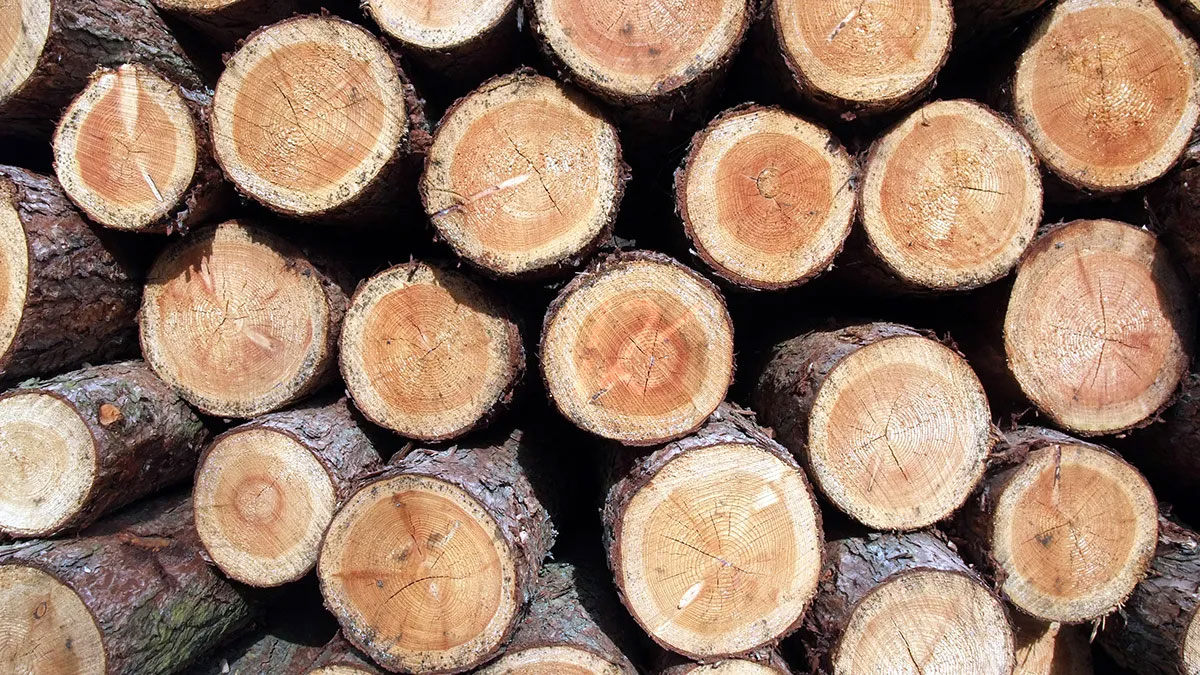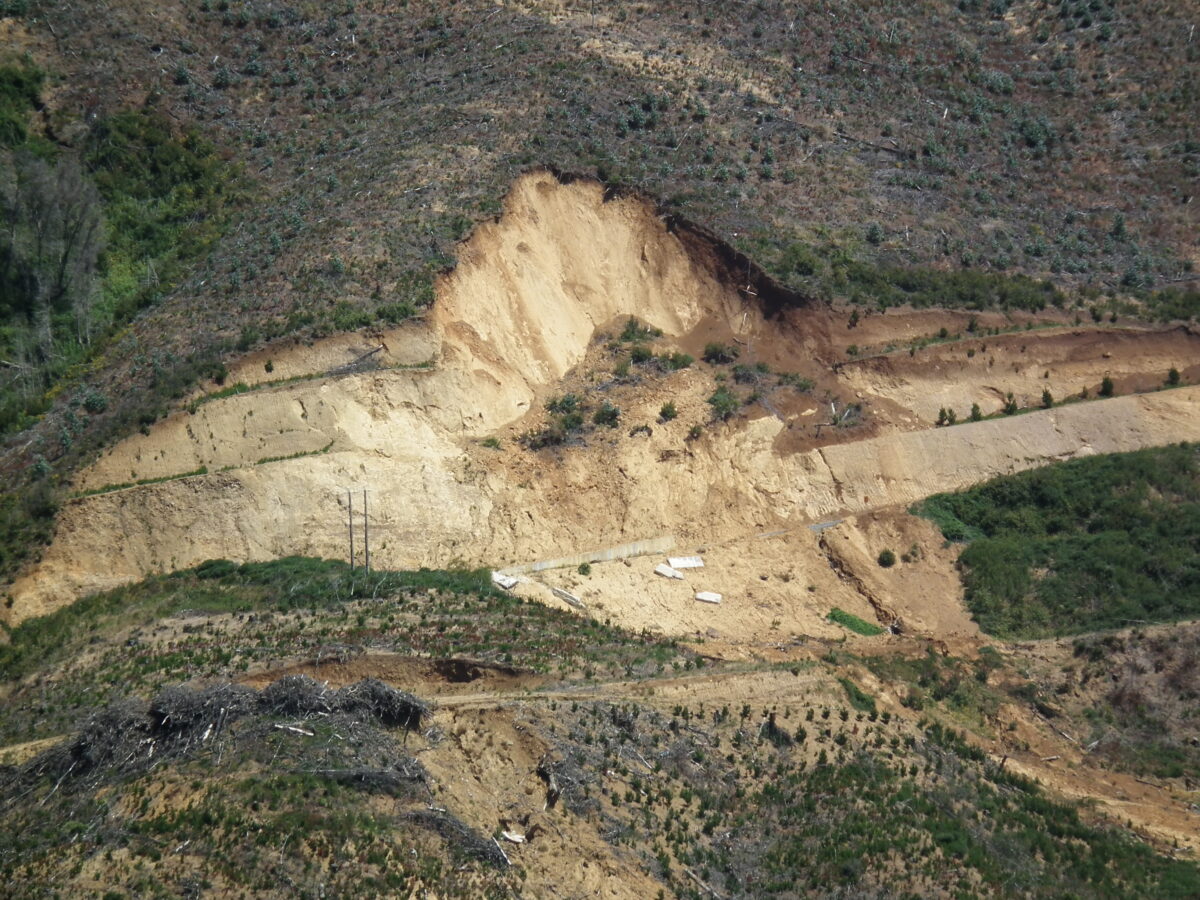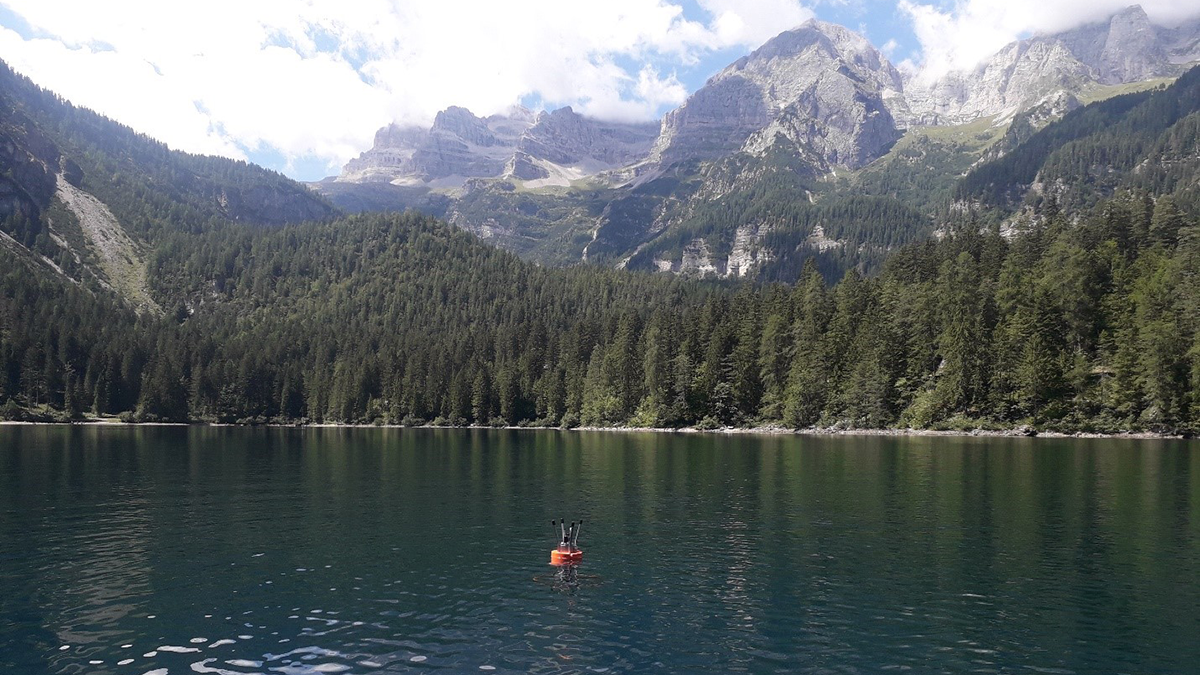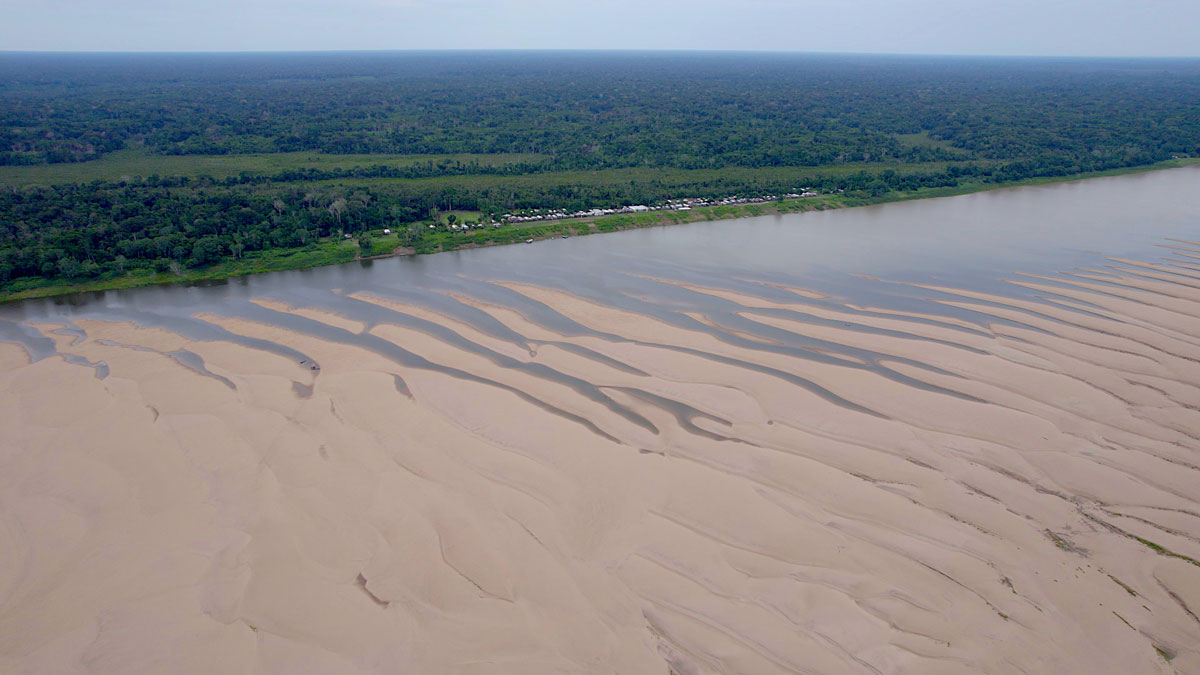U.S. elections could pull the country back from several environmental tipping points—or push it beyond them. Scientists are urging people to seek climate action beyond the ballot.
Climate Change
Los países más pobres enfrentan consecuencias más graves del cambio climático
A medida que los bosques se desplazan hacia latitudes más altas, las naciones enfrentan pérdidas tanto de beneficios ecosistémicos de mercado como no mercantiles.
Speed of Ice Shelf Rifting Controlled by Ocean-Ice Interactions
Scientists report the fastest rate of rift extension yet observed for an Antarctic floating ice shelf and explain why it is far slower than rates expected for brittle ice deformation.
Understanding fatal landslides at global scales
The Landslide Blog is written by Dave Petley, who is widely recognized as a world leader in the study and management of landslides. Over a long period of time, I collected data on landslides that kill people around the world – work that started on a whim but became very interesting. My two most cited […]
Challenges and Prospects for Modeling Lake Water Temperature in a Changing Climate
Climate change is having a significant impact on the temperature dynamics of lakes worldwide, affirming the need for accurate modeling to inform management and conservation strategies.
Record-Breaking Temperatures Likely as El Niño Persists
Global surface air temperatures will likely remain high through early summer because of a continuing El Niño event.
El Niño May Have Kicked Off Thwaites Glacier Retreat
Antarctica’s “Doomsday Glacier” started losing mass midcentury, around the same time as its neighboring glacier.
Almost a Year in, Drought in the Amazon Is Far from Over
Strengthened by climate change, northern Brazil’s dry spell might last longer than originally fore-cast, with lingering ecological and economic consequences.
Monitoring Polar Ice Change in the Twilight Zone
Landsat’s new extended data collection program is mapping Arctic and Antarctic regions year-round, even in polar twilight.
Groundwater Levels Are Dropping Around the World
Well data from around the world show declines driven by water use and climate change.










